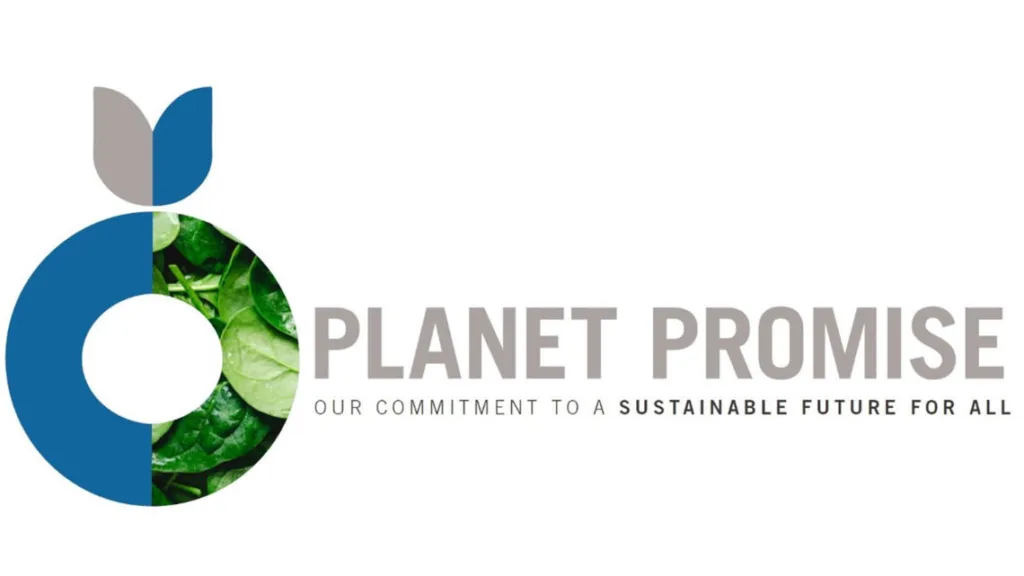Geneva, 17 January 2019: Today, the EAT-Lancet Commission, composed of global experts in health, nutrition and sustainability, has published its landmark report, ‘Our Food in the Anthropocene: Healthy Diets from Sustainable Food Systems’. The report is the first to outline scientific targets to establish boundaries for food production to help achieve healthy diets from sustainable food systems.
In the run up to the EAT-Lancet publication, the World Business Council for Sustainable Development (WBCSD) has worked with over 80 companies to develop a vision for the food and land-use system.
“Achieving our Healthy People, Healthy Planet vision will require unprecedented global action which must urgently move several levers of food system transformation at the same time.” said Peter Bakker, WBCSD President and CEO, adding: “Leadership action is required across the value chain of nutrition and health, livelihoods and human rights, biodiversity and ecosystems, and climate mitigation and resilience.”
Key take-aways from the report that will guide WBCSD’s solutions development are:
- Shift toward diets that are healthier and more diverse, ensuring availability, affordability and accessibility that are regionally appropriate for health needs and culture.
- Implement technology and management-related changes which drive sustainable and healthy agriculture and food production to close yield gaps and improve quality.
- Halve food loss and waste in line with the Sustainable Development Goal target 12.3, using both technical and behavioral change interventions.
Diane Holdorf, Managing Director of WBCSD’s Food, Land and Water program said: “Many of our members individually, and through WBCSD programs, are already innovating to shift toward healthy diets, halve food loss and waste, and drive technology- and management-related changes in agriculture and food production.”
In order to drive further change, WBCSD members are working to identify innovation pathways aligned with science-based targets for business. “As business leaders, we need to increase our focus on the development of both the products and the markets that will deliver the ambitious science-based outcomes required to transform food systems. This will require innovation, valuation and collaboration that reflect regional needs and cultural preferences,” said Sunny Verghese, WBCSD Chair and Co-Founder and Group CEO of Olam International Ltd.
Achieving our Healthy People, Healthy Planet vision offers a win-win. “Even though the challenges are massive, it is important that we also focus on the huge opportunities,” Svein Tore Holsether, CEO Yara International, emphasized. “The Business and Sustainable Development Commission stated that a sustainable transformation of food and land use systems could generate USD $2.3 trillion of potential new value and provide up to 80 million jobs by 2030 globally.”
Businesses have provided increasing food choices to growing populations for decades. Now, the food sector needs to deliver food choices that taste good, are nutritious, and are grown and made within planetary boundaries. Feike Sijbesma, CEO Royal DSM commented: “Together with our partners at WBCSD and working in partnership with both the public sector and civil society, we are strongly committed to further developing successful, high-impact, science-based solutions that accelerate the transformation of the food system.”
Nitin Paranjpe, President Foods & Refreshment at Unilever, added: “Consumer preferences and expectations are changing fast – presenting a clear opportunity for progressive businesses to deliver healthy, sustainable food choices. Through the definition of scientific targets for a sustainable food system, the EAT-Lancet report presents a significant step to greater collaborative action and we look forward to working with others to advance with speed in this area.”
WBCSD knows that business action will only take us so far. We need governments to help accelerate the change by aligning national dietary guidelines with healthy and sustainable requirements and repurposing agricultural subsidies to support regenerative agricultural practices.
WBCSD encourages all actors of the food system to engage in multi-stakeholder initiatives like the Food and Land Use Coalition (FOLU) and the Food System Dialogues which foster greater interaction to unlock new models of sustainable nutrition within planetary boundaries. Stefan Scheiber, CEO Bühler Group, affirmed: “Common targets, broad partnerships and the adoption of science and technology are critical to achieve our goals. This is a core objective of our work as a company and with our partners.”
Related
Content

Measuring and monitoring food waste for healthy people and a healthy planet
28 October, 2019

Compass Group makes global commitment to reach Climate Net Zero by 2050
15 October, 2021

Every day is an opportunity to scale-up partnerships for healthy people and planet
4 June, 2019

